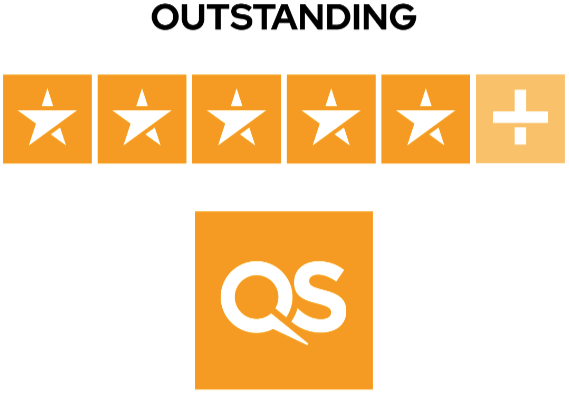Lingnan helps disinfect 1,000 subdivided flats using UV lighting
In February, when many entrepreneurial types in Hong Kong were busy sourcing or trying to produce masks and sanitisers to combat the novel coronavirus, Professor Albert Ko zeroed in on the health risk facing the city’s underprivileged, especially people living in cramped subdivided flats with poor hygiene. Something had to be done, the Director of Lingnan Entrepreneurship Initiative (LEI) decided.

Over a brainstorming phone call with a work partner while he was on a trip in the UK, Professor Ko suggested using ultraviolet light to disinfect partitioned homes. It was a eureka moment. The duo then quickly formed a team of six. On his flight back home, the award-winning mechanical engineer drew up a design. Then, the team worked intensively on the prototype. In merely nine days, an ingenious gadget, which takes the form of a UV-C lamp, was born. To date, it has helped hundreds of households disinfect their partitioned cubicles.
“We worked under many constraints amid the lockdown. I was still in quarantine in a hotel and my team had to come over to give me the materials I had to work on. And a colleague had to go to his office at 3am just to restart the 3D printers to print more components. It was such an emergency project which we’d never done before!” Professor Ko said.

The lamp, which comes under LEI’s Project Ultra Violite backed by a HK$500,000 donation from Jockey Club’s COVID-19 Emergency Fund, can kill 95 percent of viruses, bacteria and fungi, the coronavirus included, by beaming out ultraviolet light with a wavelength of 253.7nm. Because exposure to ultraviolet light can cause eye damage and skin cancer, the lamp is remote-controlled via Bluetooth. Each session lasts for 30 minutes. About 1,000 underprivileged households are set to benefit from the free disinfection service, provided from April to June.

Professor Ko, whose academic interests include using technology to improve the life of the poor, explained: “This project has two goals: to lower the infection risk of partitioned units, and to help residents clean their homes, so that they can focus on making a living at this economically challenging time.”
As a liberal arts university, Lingnan may not be thought of as a pioneer in technology, but then technology is not the protagonist in this project. Rather, it is a means to serve local communities. It plays the role of “humanitarian technology” - a concept advocated by LEI, which aims at nurturing entrepreneurs in a liberal arts context.
“I’m glad we can incorporate technology in social service. We are from the fields of engineering and science. To be able to apply our forte to the context of liberal art is especially precious for us,” said Professor Ko.
Soon the UVC technology will benefit a wider community - Professor Ko’s team is developing a UVC robot that can autonomously navigate larger spaces (such as hotels and examination venues) to carry out disinfection work. “Again, this is about using mature technology to improve people’s living,” he noted.



